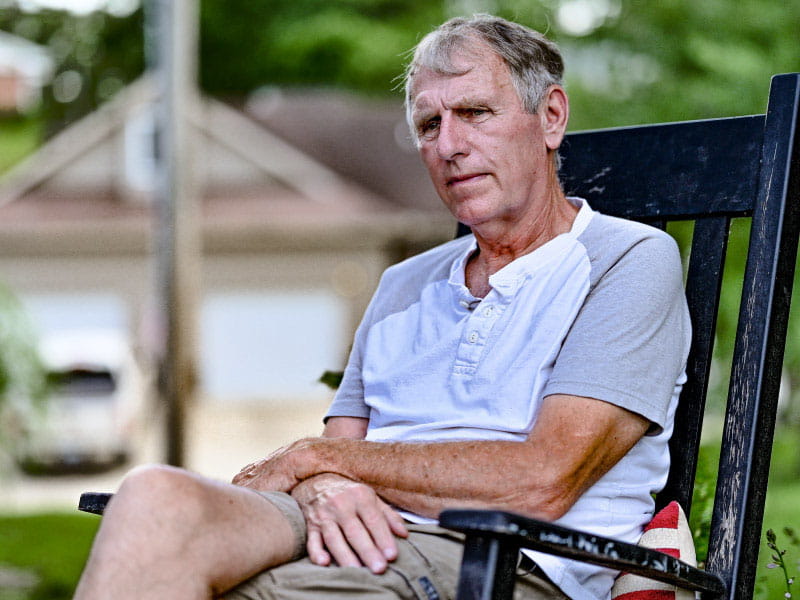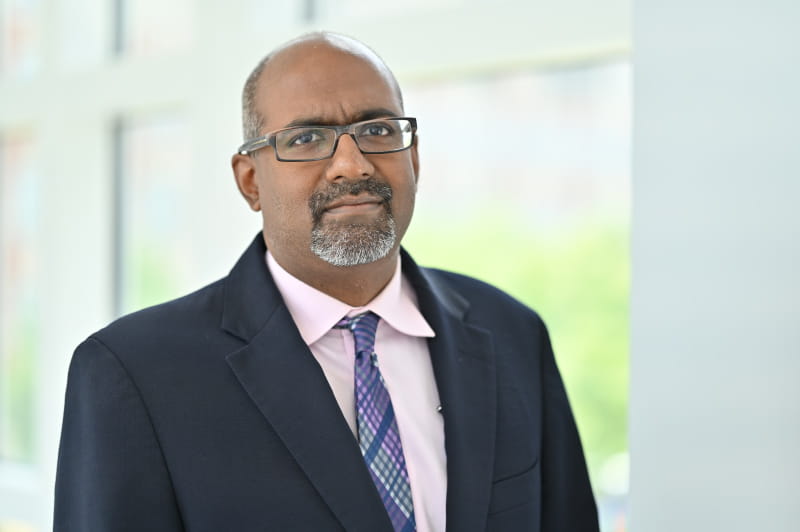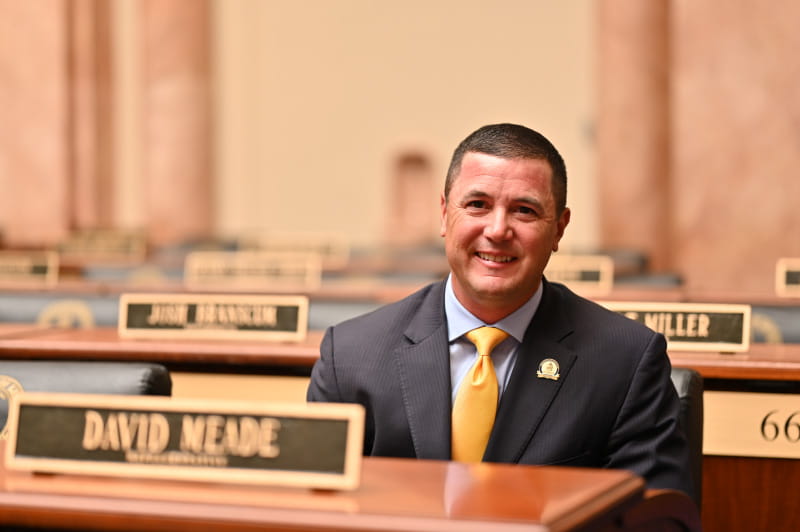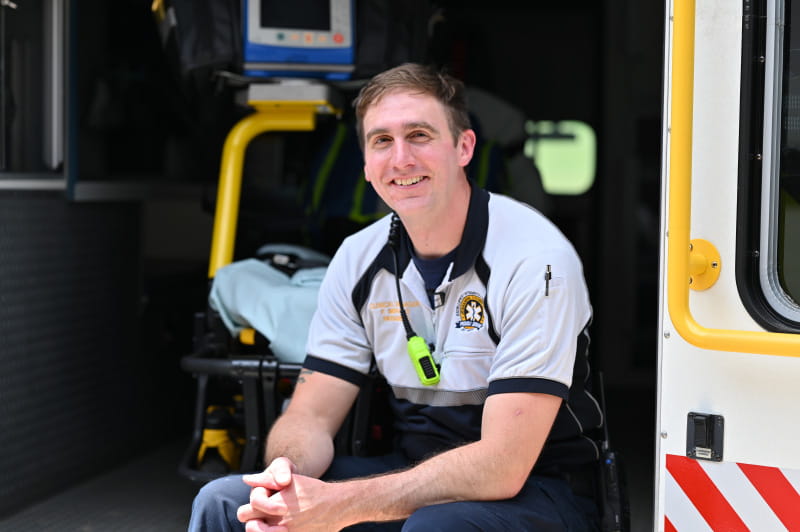State and local efforts aim to ease access to heart care in rural Kentucky
By Tate Gunnerson, American Heart Association News

SUMMIT, Kentucky – When he felt chest pain a few summers ago, Eddie Smith went straight to the hospital near his northeastern Kentucky home. His father had died of a heart attack, and Smith had been previously diagnosed with a leaky heart valve.
Smith's doctor told him that while there wasn't an immediate danger, the valve needed to be replaced.
However, a cardiologist at a hospital in Lexington – about 100 miles southwest of Summit – discovered that Smith had an aortic aneurysm and an electrical issue with his heart that required a pacemaker. "I had a whole lot more wrong than I even realized," he said. "I could have probably dropped dead at just about any time."
Smith, now 73, had the motivation, the means and the opportunity to seek the best possible treatment. That's not the case for everyone in Kentucky, where census data show an estimated 16.5% of the population experiences poverty. Nationwide, the average is 12.6%.
Part of the Appalachia region, eastern Kentucky's mountainous geography and winding two-lane roads also make it difficult for residents to easily access health care. A 20-mile drive to the nearest hospital or medical facility might take an hour.
Smith said many people in his family have gone almost their entire lives without seeing a doctor. "It's just too much of a drive, too far away, too much of an inconvenience," he said. "All of a sudden, they die of something that could have been taken care of."
(VIDEO: In Kentucky's Appalachia region, disparities in care add to a reluctance to seek it)
To improve access to care in rural areas, UK HealthCare's Gill Heart & Vascular Institute established an affiliate network to collaborate with hospitals throughout the state.
One program in development would allow residents without broadband internet to see cardiac specialists in Lexington virtually from their local doctor's office. The network also assists with physician recruitment, and it has hired cardiologists who practice in under-resourced areas. In addition, it offers on-site and virtual conferences to share best practices with rural doctors.
"Our goal is to work closely with community providers and hospitals so that rural Kentuckians receive state-of-the-art cardiovascular care," said Dr. Navin Rajagopalan, a cardiologist and director of the affiliate network.
"We have the obligation to make sure that we're able to provide the full breadth of services, not just in cardiology, but in all levels of care, such as oncology, stroke and organ transplantation so that patients can receive the care they need as close to home whenever possible," said Rajagopalan, who also is a professor of medicine at the University of Kentucky.

Other state and local efforts are also trying to make a difference.
In 2022, Kentucky enacted a law aimed at improving heart attack response and treatment. The law allows hospitals to become certified as comprehensive cardiac centers, primary heart attack centers or acute heart attack-ready hospitals in order to demonstrate their ability and willingness to treat residents with heart-related issues.
Heart disease is the leading cause of death in Kentucky, and the state ranks in the top 10 in heart disease and diabetes mortality rates.

If emergency medical service teams suspect a person is having or had a heart attack, "they'll know exactly where to take them to make sure that they get the best care and the quickest care for the issues that they're facing at the time," said state Rep. David Meade, the Kentucky House Speaker pro tempore. "With heart disease, of course, seconds count, minutes count."
Kentucky emergency medical services departments also are taking additional steps to improve outcomes.
Floyd Miracle, a veteran paramedic who joined Jessamine County EMS about six years ago, said cardiac arrest survivor rates then were "virtually zero."

In 2019, Miracle attended Resuscitation Academy in Seattle. The academy, in partnership with the American Heart Association, develops training workshops for lifesaving practices. Miracle said that since the agency implemented the academy's recommendations, it has seen a significant increase in its cardiac arrest survival rate.
Miracle, now an assistant chief with Jessamine County EMS, and his colleagues are now sharing what they learned with other EMS agencies in Kentucky. The academy designated Jessamine County as "an EMS lighthouse, which means that we are a beacon," he said. "We are prepared to go spread the gospel."
American Heart Association News sent reporters to five states to cover rural health challenges, and how people in rural America are working to overcome them.





